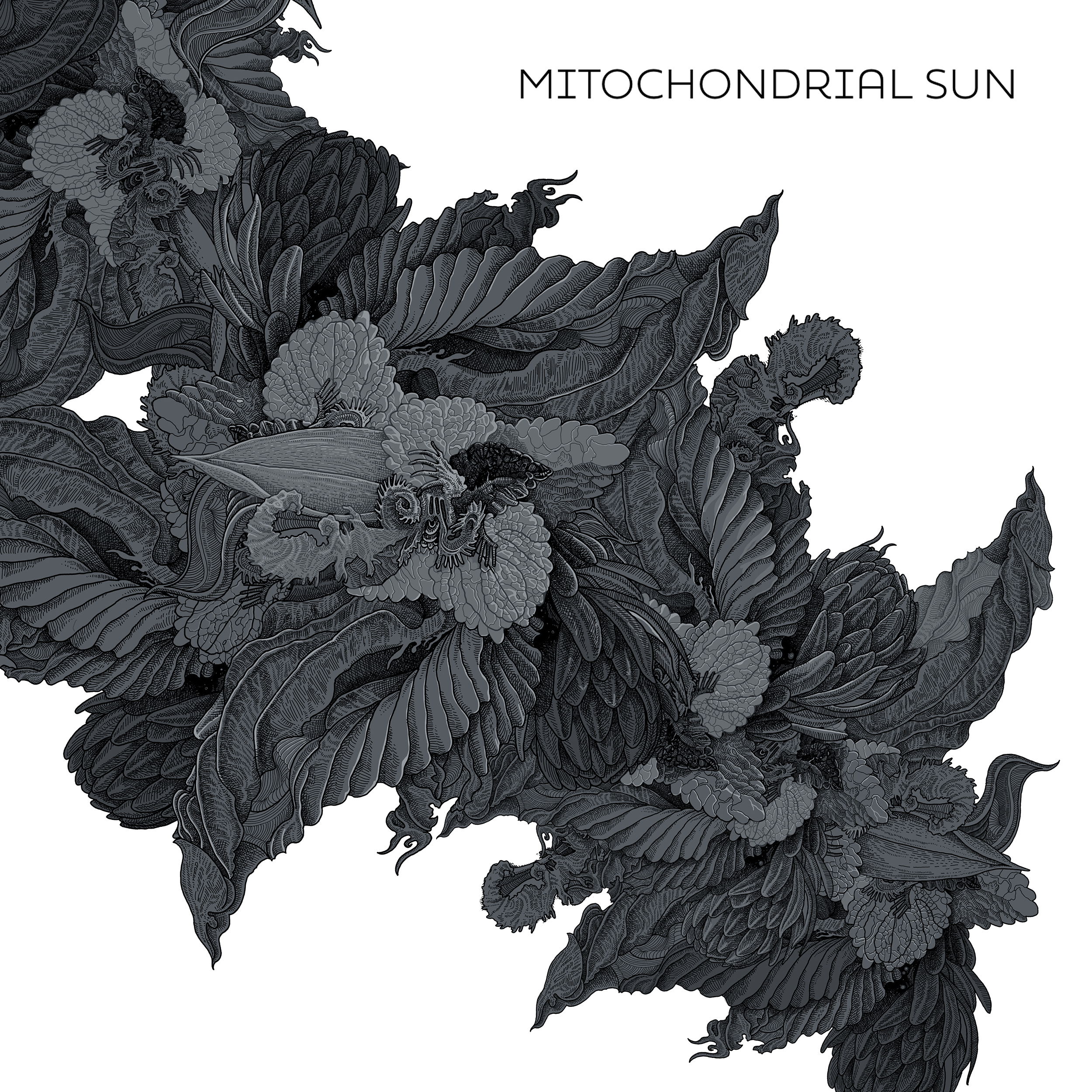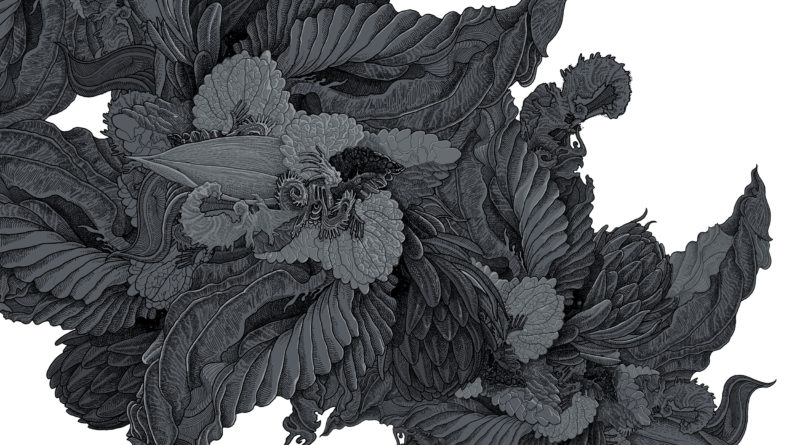ALBUM REVIEW: Mitochondrial Sun – Mitochondrial Sun
Solo project from DARK TRANQUILITY‘s Niklas Sundin, MITOCHONDRIAL SUN sets it sights to create a huge soundscape with a sway towards electronica, blending with the acoustic sounds of piano and cello. Will this self-titled album’s outcome be the cinematic, unique ideas that transcend traditional genres?
Ur Tehom begins through its more traditional piano work, it’s very peaceful and the hint of synthetic static builds up below the music. There’s not much to say other than it sets the tone, somewhere mysterious and cold, that there are infinite places this album could go. Chronotopes is very much in the same vein, a tempered piano melody, this time running parallel to some truly beautiful string work. The fusion between the synth work, that gives a futuristic edge, and the traditional, earthly feel of the strings is a wonderful balance. Even the ambient static blends well between cold technology, the nostalgia of a vinyl needle fuzz and rain. It’s a piece that will appeal to those that enjoy their folk music, and those that want something more experimental. It might be a little slow for some, being fairly repetitive for its over five-minute run time but there’s enough to keep the open minded engaged.
Braying Cells has a completely different tonal value, it’s instantly darker, with a droning, sinking electronic whinny, wavering over the sparse, damp drum and the tinkling synth. Once the tune manifest, things become all the more experimental, the layers of sounds creating a magical soundscape. It gives itself enough room to breathe, and balances the innocent feel to its higher musical strains to the more sinister rhythms. It plays with some really interesting, unusual tones that fall somewhere between fairy tale melodies and EDM. Stars Beneath the Sea is a prime example of allowing music to sit in itself, to build into something. The heave to and fro is a direct parallel to the waves gently rising and falling on the beach. The synth is much more expressive on its own this time around, in the same way that the sea and sky at night can all see like one mass, but separates when you see the stars shinning bright and alive in a distant plane.
Once more, MITOCHONDRIAL SUN mores it’s focus to another realm of darkness, Nyaga is much heavier, taking a lead guitar line that seems to rip through from another dimension under a weighty dance beat. The drums are much more akin to drum an bass, much like the swell of the electronic music itself, everything is much more erratic, while maintaining an odd sense of balance. It’s middle quotes Robert Frost Ice and Fire in a Microsoft Sam voice, detached and generated. It’s a great metaphorical analogy for this album, with it’s focus holding tight on the combination of earthly and technologically created sounds and feelings.
Celestial Animal is another slow burn, returning back to it’s grand piano, cello combination and an undercurrent of sighing, quiet echos and effects. It’s very atmospheric, and quite unlike anything else you’re likely to come across this year. There’s a melancholy familiarity and bizarre warmth to Celestial Animal, but as it grows and morphs into a warping, beating thing, with an electronic voice all of its own, it becomes more alien. There’s a huge amount of imagery that connects to this track, from nostalgic ideas from pulp sci-fi, to more terrestrial images like Princess Mononoke’s Forest Spirit. All have a distinct none-human feel, just like this track, which feels like it’s existed long before us and knows us, even if we don’t know it.
Arkadia takes on a more mono keyboard tone, with the accented, distinct notes falling from the grand piano. Once more, the layering of these tracks and understand the reasoning for them, interpreting the meaning between modernity and the haunting of the past is paramount to enjoying this music. It’s an exploration in tone and feeling, which allows for indulgence in how long each track moves, much like a movie soundtrack. This is music to draw your own images to, with no lyrics to steer you in any direction, but allows you to find you own way through it’s massive expanse of darkness.
A few shorter tracks that play around with some quiet moments are The Void Begets and Entropy’s Gift. The Void Begets is yet another soundtrack, that feels like it would fit perfectly into the original Blade Runner. There’s a sinking and rising, like that of a theremin; everything stretches and expands, it feels psychedelic and strange, thick and meandering. Entropy’s Gift is similar, wavering and mystical, rising and falling, full of weighted emotion, and taking it on its namesake, a slight the feeling of loss in the disorder of things might be the theme here; more than anything, however, this feels like the introduction to our final track, The Great Filter.
The Great Filter itself is much more foreboding, droning with purpose and malice, the industrial tones more prominent than ever in this electronic soundscape. It comes with great resolution, it’s intent dark and its ambient tone, tumbling slowly towards something unnerving. Then it all falls away, like the end of a terrible dream, and becomes something once more, open and unknown, ambivalent and indifferent to the listener; The Great Filter just becomes a thought, a space.
Mitochondrial Sun is a pretty unique sounding album that’s not looking to impress anyone, but rather to try and put across a sense of expansiveness in it’s haunting synth and ghostly strings and piano. This isn’t going to be for a lot of people, with its noncommittal to any genre, and some might find it directionless- however, if you’re a fan of cinematic soundtracks, and allow music to take you on whatever journey your mind connects to, there’s something spacious, luscious, dark and magical here.
Rating: 7/10

Mitochondrial Sun is out now via Argonauta Records.

